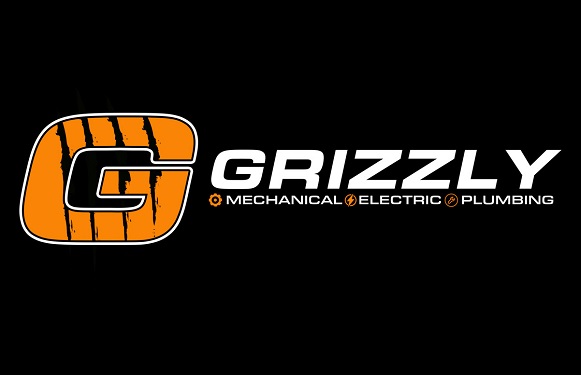
News
What Makes a Company Attractive for Acquisition?
Contributed by Brooks Crankshaw
Imagine an investment banking professional like me meeting a company owner for the first time, whether it be at a conference, cocktail party or owner’s office. At some point early in the conversation, the owner often asks: How much is my company worth? With a few data points and some qualifications, a broad range can usually be specified. But a different question begs a much more interesting answer: What is it that makes my company an attractive acquisition candidate?

Over time, the answer to this question changes based on market dynamics, economic considerations, and investor sentiment. The answer also changes based on popular “investment theses,” or strategies being pursued by financial investors like private equity funds. For example, consolidation among HVAC companies is being driven by multiple types of investors, and the industry provides an instructive example of what makes companies attractive for acquisition.
1. Essential nature of the product or service. Food manufacturing is the classic example of this dynamic because, stating the obvious, everyone needs to eat. The HVAC industry presents another example. Whether it’s a school district that needs a heating system repair in the winter, or a factory that needs to be cooled in the summertime, HVAC service and equipment will be required. The technical nature of the products or services prevent the end user from doing the work itself. Consistent and ongoing demand makes for good acquisitions.
2. Technological advancements. Offering improvements in efficiency, functionality, or design can drive a company’s success, whether market- or user-driven. In HVAC, for example, new regulatory requirements and demand for improved efficiency have the effect of increasing demand for products and services, making an acquisition more compelling.
3. Changing customer preferences/demands. Innovation and new service models can drive growth which proves attractive to investors. For example, an increasing focus on environmental concerns and the products addressing these concerns are part of the broad interest in acquiring HVAC companies.
Today, mergers and acquisitions are characterized as being a “sellers market” and valuations remain at historically high levels. According to Pitchbook, financial buyers continue to exhibit strong demand for good acquisitions which are “attributed to vast sums of dry powder (capital) raised in recent years, as well as continued economic expansion in a low interest rate environment.”
Companies pursuing a growth strategy through acquisition are funded by historically high levels of investable capital on their balance sheets. In addition, empirical research by The National Center For The Middle Market demonstrates that companies without an acquisition strategy have a lower growth rate than those pursuing acquisitions.
The next time we meet, you should know that I’d be happy to give you an estimate of what your company may be worth. But I’d much rather talk about how attractive your company would be to an investor with an interest in acquiring all or part of your business.
Brooks Crankshaw is a Managing Director and Partner of The Chicago Corporation, an investment bank enhancing shareholder value by advising clients on mergers, acquisitions, and raising capital. Contact Brooks by calling 312-283-0831 or emailing Brooks.Crankshaw@TheChicagoCorp.com.
Securities transactions conducted through TCC Securities, LLC, an affiliated company, registered Broker/Dealer and Member of FINRA/SIPC.














